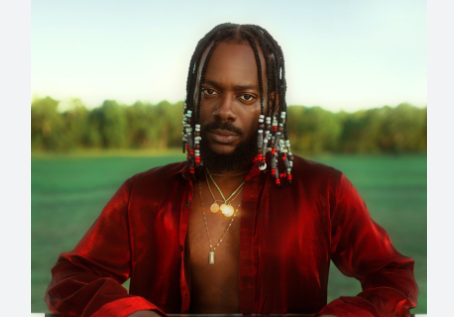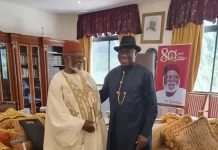The popularity of afro-pop music has grown over time across Africa and other parts of the world. This style of music is distinguished by its blending of contemporary pop and urban sounds with African rhythms, melodies, and instruments. We will examine the emergence and development of Afro-pop music in Africa in this article.
Inception
African musicians first began fusing traditional African rhythms and melodies with Western pop and urban sounds in the 1960s and 1970s, which is when afro-pop music first emerged. A new sound that was both African and Western was created as the usage of Western instruments like guitars, keyboards, and drums increased in African music.
Fela Kuti, a Nigerian artist who mixed ancient African rhythms with jazz and funk to create a new sound known as Afrobeat, was one of the founders of Afro-pop music. This musical style was well-liked by young people in Nigeria and other regions of Africa due to its use of intricate rhythms and lyrics that made social commentary.
Evolution
In the 1980s and 1990s, as more African musicians began utilizing electronic instruments and production methods in their music, Afro-pop music continued to develop. Afro-electronic music is a new subgenre of Afro-pop that resulted from this. Artists like Brenda Fassie from South Africa and Youssou N’Dour from Senegal became well-known for fusing traditional African sounds with electronic beats and cutting-edge production methods.
Thanks to the development of new musicians who were producing original and cutting-edge sounds in the 2000s, Afro-pop music saw a boom in popularity in Africa and throughout the world. Afrobeats, hip-hop, and R&B were combined by Nigerian performers like D’banj, Wizkid, and Davido to great success. South African musicians like Mafikizolo, Micasa, and Black Coffee became well-known for fusing dance music with Afro-pop.
Afro-pop music is still developing today, with new musicians from all over Africa developing original sounds that combine traditional African rhythms and melodies with contemporary pop and urban sounds. Due to this, African music has gained recognition on a global scale and gained prominence in the international music community.
Since its inception in the 1960s and 1970s, afro-pop music has advanced significantly. It has developed into a distinctive and well-liked musical genre in Africa and around the world by fusing traditional African rhythms with contemporary pop and urban sounds. Afro-pop music is poised to keep evolving and be relevant for many years to come as new musicians continue to push the genre’s boundaries.




















